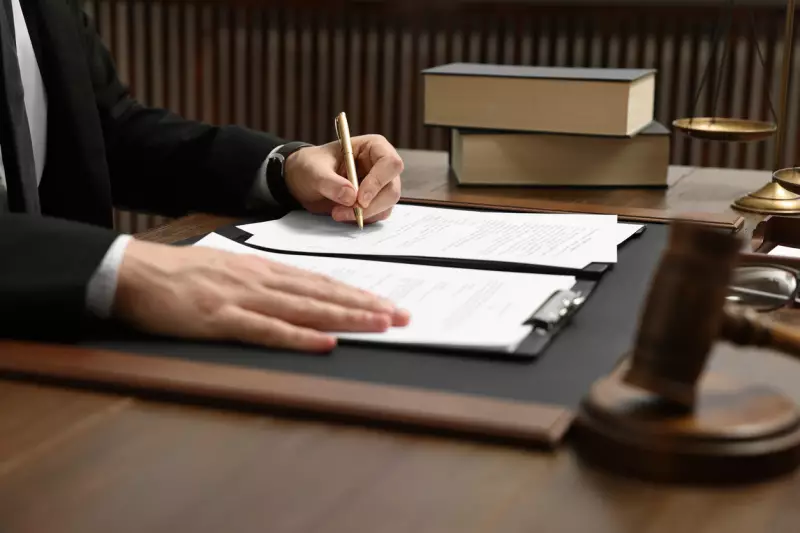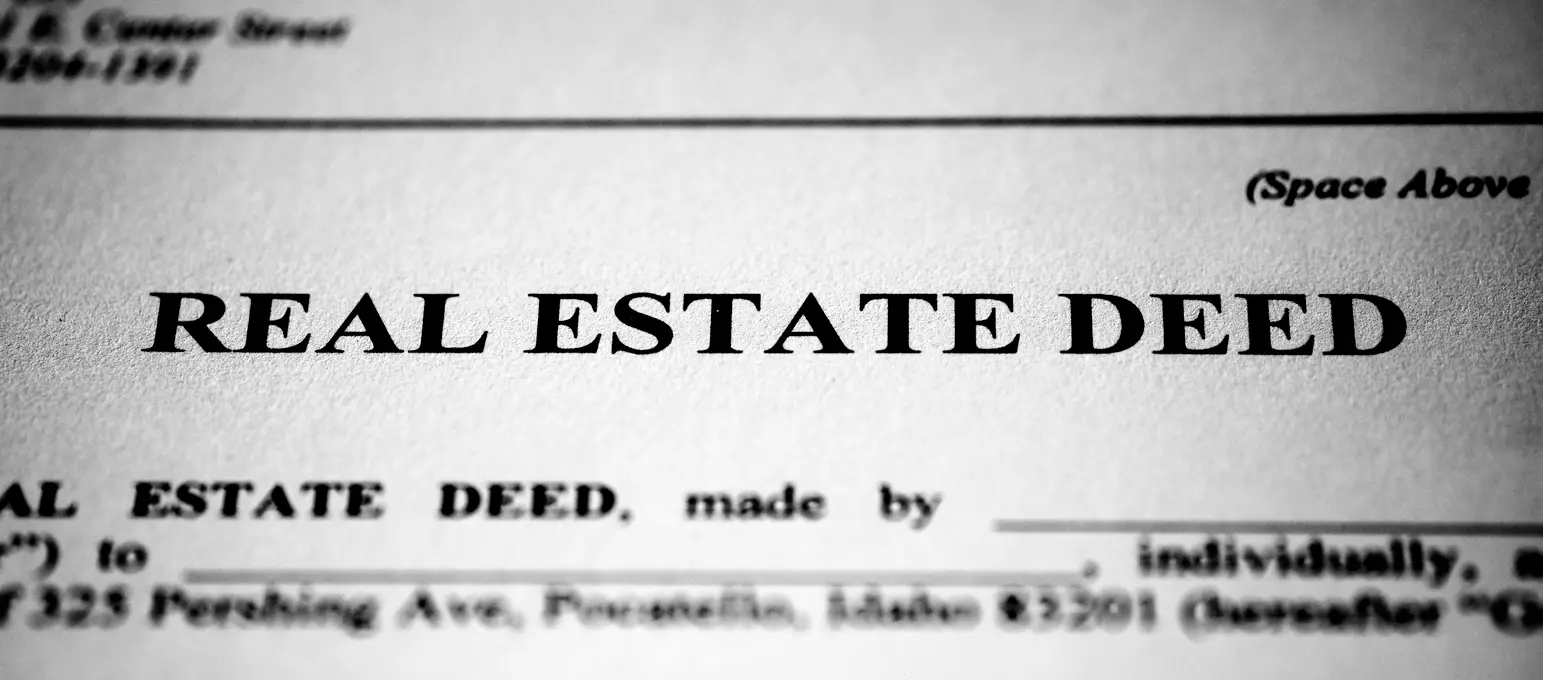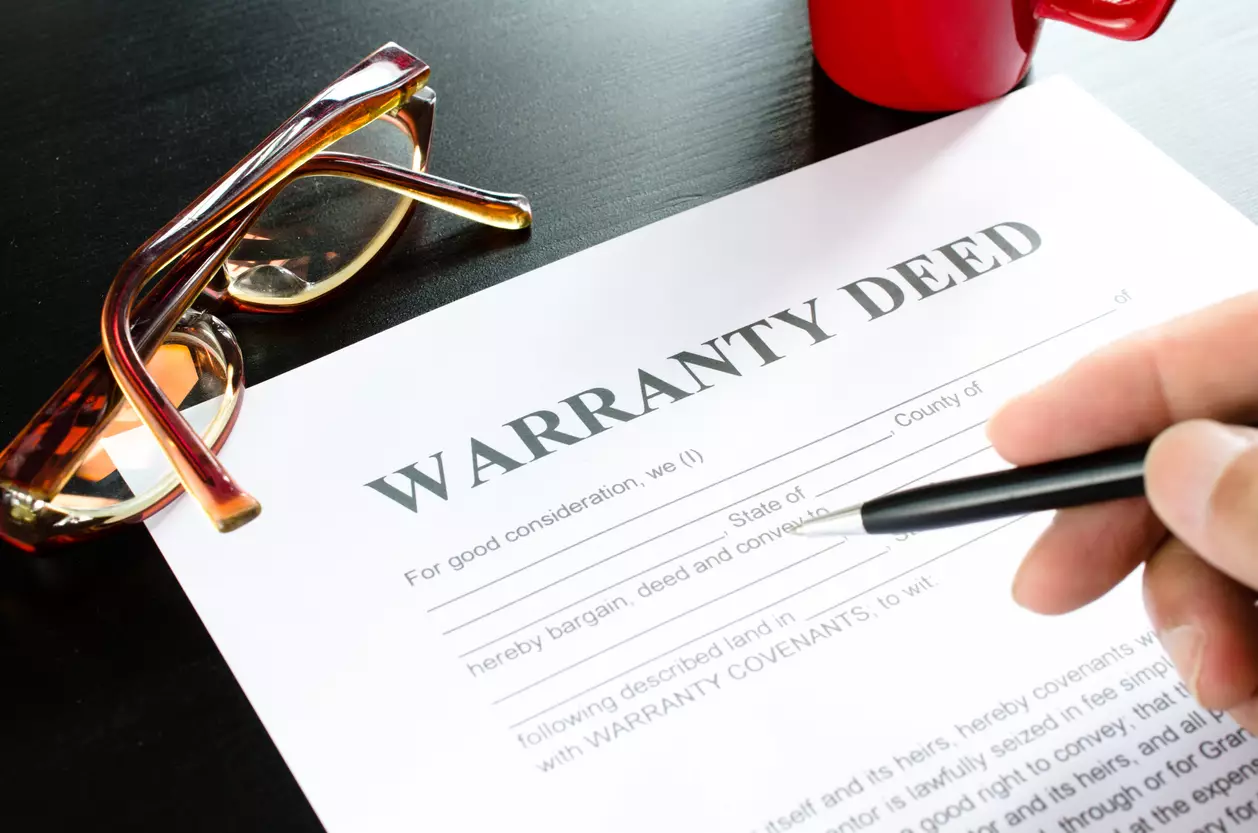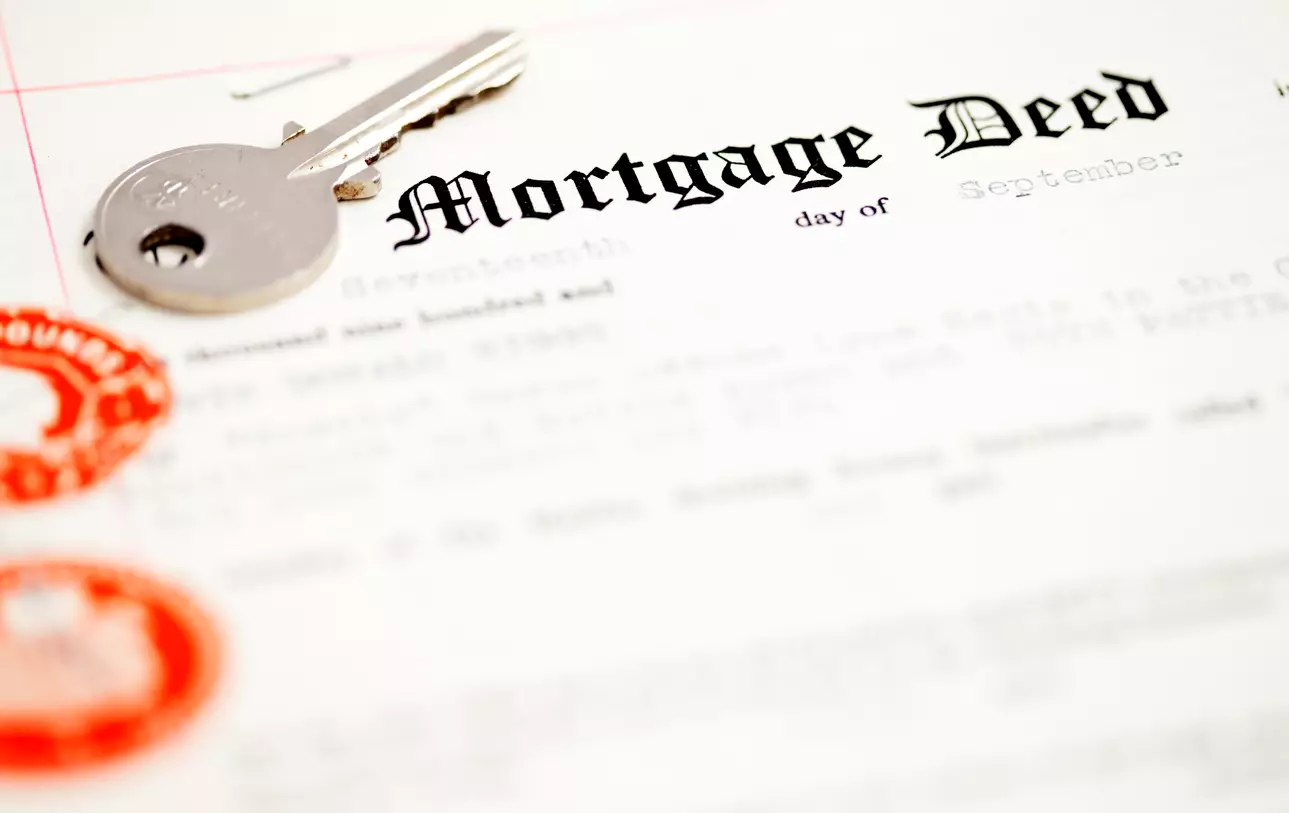Transfer of Property After Death Without a Will: What You Need to Know

Table of Contents
- Transfer of Property After Death Without a Will: What You Need to Know
- What Happens to a Property When the Owner Dies Without a Will?
- Transferring Property Under Joint Ownership
- Transferring Property Under Sole Ownership
- Transferring Property Without Heirs
- How Long Do You Have to Transfer Property After Death?
- How Does the Probate Process Work Without a Will?
- The Role of Probate Courts in Property Transfer
- Key Steps in the Probate Process for Intestate Estates
- Priority of Inheritance
- How State Laws Affect Inheritance Distribution
- Types of Property Transfers After Death Without Will
- Transferring Different Asset Classes
- Legal Exceptions and Probate Exemptions
- Steps to Manage Property Transfer Without a Will
When someone passes away and does not have a will, transferring their assets to rightful heirs, including their property, can be complicated. Determining how the deceased individual’s assets are distributed among heirs when no will exists is known as intestate succession, a legal process that varies by state.
The transfer of property after death without a will is done through the probate process. Generally, the property is passed to the deceased person’s next of kin. Unfortunately, when no will is present, the probate process will take longer and be more complex for loved ones left behind. Even if the deceased appears to have no substantial assets, searching property records is a standard step in the probate process. Estate planning tools like wills, trusts, and other legal documents can simplify the process and avoid unwanted complications typically associated with transferring property after death.
Read on as we outline the basics of transferring property after the death of a parent without a will, explain who typically inherits property under intestate laws, and discuss the role of probate courts in the process. Understanding the process can help reduce confusion and ensure a smoother transition, whether you're facing this situation yourself or planning for the future.
What Happens to a Property When the Owner Dies Without a Will?
No instructions are available to determine what happens to your property when you die without a will. As a result, loved ones, like your children, are left to wonder how to transfer property after the death of a parent without a will. They must go through a complicated legal process designed for the transfer of property after death without a will. Ultimately, the courts will determine who can receive your property using intestate succession laws.
When the owner dies, property ownership must be transferred to a living person through a new deed. This allows the individual to prove ownership while assuming crucial responsibilities such as paying the mortgage, property taxes, and utilities and caring for and maintaining the property. If the owner's identity is unclear, you can often find the property owner's name online through public records.
When an individual passes away with debt, such as credit card debt and outstanding car payments, the estate must pay those debts before beneficiaries can collect their inheritance. This means that, in some cases, their property may have to be sold to pay those expenses. That’s just one of several factors that may affect property transfer without a will, including whether the property is owned solely or jointly.
Transferring Property Under Joint Ownership
When your home is owned jointly with someone else, and if you are both listed as legal owners, such as a partner or spouse, that individual will automatically become the sole owner of the property when you die. However, when “tenancy in common” exists, meaning everyone listed on the deed owns separate shares of the property, your share will be subject to intestate succession laws when you pass away without a will. You can check property deed records to confirm ownership details and understand how the property is titled.
Transferring Property Under Sole Ownership
If you are the only legal owner, the transfer of property after death without a will must be determined by intestate succession laws, which follow an “order of succession.” This determines what happens to your property. Although the order of succession can vary by state, they generally prioritize heirs as follows:
- spouse
- children
- parents
- siblings
Without these individuals, a probate court will determine the next of kin or the next closest living relative. This can be a blood relative or a relative by marriage. Once a probate court has located a next of kin, that individual will inherit your property.
Transferring Property Without Heirs
When the order of succession has been exhausted, and the courts cannot locate a next of kin, your state takes control of your property. This only happens in the rarest of cases, however, as courts can usually find someone, even if it's a distant relative, to inherit your property.
How Long Do You Have to Transfer Property After Death?
There is no universal time frame for transferring property after death. The transfer might happen quickly, especially when there is a clear beneficiary. However, transferring property after death without a will can sometimes take months or even years.
Properties cannot stay in the names of a deceased individual and must be transferred following a will or succession laws. Once a new owner is identified, they file a new deed with the recorder’s office in the county where the property is located. Typically, this requires an official death certificate and court documentation.
Transferring property as soon as possible allows a new owner to pay the property taxes and manage utilities. It also allows a will’s executor or the probate court to close out existing accounts.
Transferring the property early ensures the new owner can calculate property tax responsibilities, preventing any delays or complications in tax payments. This can also help avoid penalties or interest on overdue taxes.
How Does the Probate Process Work Without a Will?
If you have no will, it will be up to the probate court to legally transfer your property to your rightful heirs when you die. Using intestate succession laws, which vary from state to state, ensures that all debts are paid and any remaining assets, including property, are transferred to your next of kin.
The Role of Probate Courts in Property Transfer
Probate courts play a vital role in transferring property without a will. It is up to the court to appoint an administrator who will manage the estate, verify heirs, settle debts, and oversee the distribution of assets, including the transfer of property.
Key Steps in the Probate Process for Intestate Estates
While it can vary from state to state, the probate process has several key universal steps, including:
- The appointment of an administrator
- An inventory of all property and assets
- Paying all outstanding debts and taxes owed
- Final distribution of property
Priority of Inheritance
The transfer of property after death without a will follows state intestate succession laws. These laws prioritize immediate family members, starting with the partner or spouse, followed by children, parents, and siblings. When none of these heirs exist, the court will search for extended family.
How State Laws Affect Inheritance Distribution
Each state has its own set of intestate succession laws, dictating how property is transferred without a will. In some states, the spouse or life partner may be eligible to inherit the entire estate, while, in others, it could be divided between the spouse and any children.
Types of Property Transfers After Death Without Will
The transfer of property without a will usually depends on the type of asset being transferred and its ownership structure. Here are the most common types of transfers:
- Intestate succession: When sole ownership exists, and no will is present, the probate court will follow intestate succession laws to determine who will inherit the property. While property typically goes through probate for a property transfer, the process is more complex without a will.
- Joint ownership: If the property is owned jointly, like a home owned by a married couple, the surviving owner will inherit full ownership upon the owner’s death.
- Transfer-on-death (TOD) deeds: In some states, TOD deeds enable a property to pass directly to a designated beneficiary upon the owner's death without needing a probate process, even without a will.
Transferring Different Asset Classes
When no will exists, different assets are typically handled in various ways, as follows:
- Real estate: Real estate generally goes through a probate process unless owned jointly or a TOD exists.
- Bank accounts: When a bank account has a payable-on-death (POD) designation, it may be directly transferred to a named beneficiary to avoid probate. When no such designation exists, the account will be distributed using intestate succession.
- Personal property: Personal effects such as jewelry, clothing, furniture, and similar items will pass through probate and be distributed according to intestate laws.
Legal Exceptions and Probate Exemptions
Some assets may be transferred to beneficiaries without probate, even without a will. These may include life insurance policies, retirement accounts, and any other accounts with named beneficiaries, providing a faster transfer of assets.
Steps to Manage Property Transfer Without a Will

The transfer of property after death without a will require careful attention to legal protocols, which vary by state.
Here are some universal key steps:
- Notify probate court: Initiate the process by filing the appropriate paperwork with the court.
- Secure an estate administrator: The probate court will appoint an estate administrator to oversee the estate and distribute assets.
- Identify and value assets: Gather and evaluate all bank accounts, real estate, and personal property.
- Pay off outstanding debts: All taxes and debts must be settled before assets are distributed.
- Follow legal guidelines: Comply with all state intestate laws and court directives.
Failure to follow these steps can help avoid delays and disputes during the transfer without a will.
Key Takeaways for Property Transfer Without a Will
For a transfer of property without a will to go smoothly, you’ll need to understand probate timelines and state-specific intestate laws. While priority among possible heirs typically follows a set formula, starting with spouse and children, beneficiaries should be proactive by consulting a probate attorney to help navigate the process and avoid delays, disputes, or other complications
Search Property & Deed Records
Table of Contents
- Transfer of Property After Death Without a Will: What You Need to Know
- What Happens to a Property When the Owner Dies Without a Will?
- Transferring Property Under Joint Ownership
- Transferring Property Under Sole Ownership
- Transferring Property Without Heirs
- How Long Do You Have to Transfer Property After Death?
- How Does the Probate Process Work Without a Will?
- The Role of Probate Courts in Property Transfer
- Key Steps in the Probate Process for Intestate Estates
- Priority of Inheritance
- How State Laws Affect Inheritance Distribution
- Types of Property Transfers After Death Without Will
- Transferring Different Asset Classes
- Legal Exceptions and Probate Exemptions
- Steps to Manage Property Transfer Without a Will










